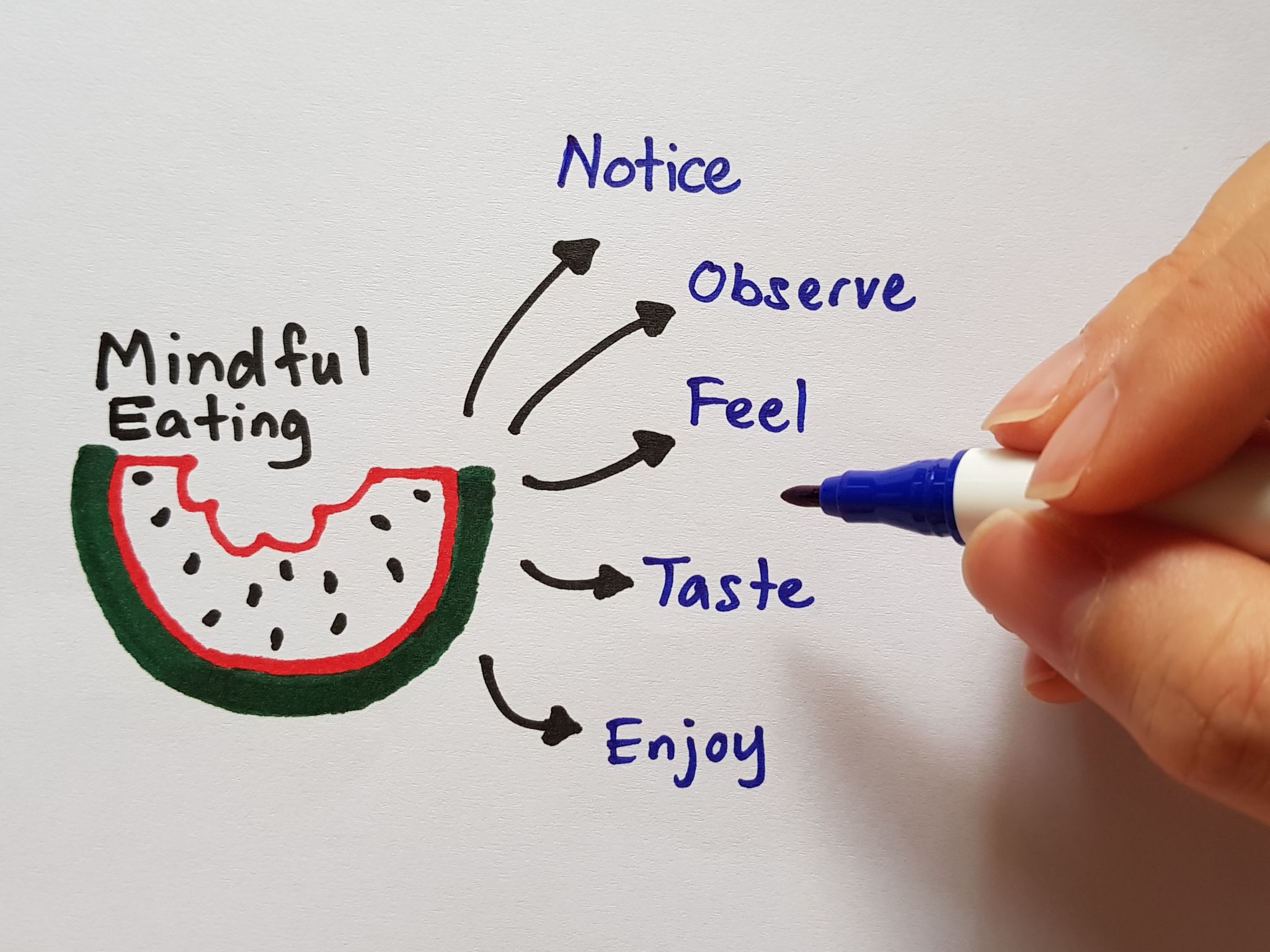Integrative Nutrition vs. Traditional Diets: Understanding the Difference
What is Integrative Nutrition?
Integrative nutrition is a holistic approach to health and wellness that considers the whole person, including physical, emotional, and spiritual aspects. Unlike traditional diets that focus primarily on calorie counting and macronutrient ratios, integrative nutrition emphasizes overall well-being and balance. This approach takes into account factors such as stress management, sleep quality, and even personal relationships, all of which can influence one's health.
Practitioners of integrative nutrition often collaborate with clients to develop personalized plans that are tailored to their unique needs and lifestyles. This might include a combination of dietary changes, exercise routines, and mindfulness practices designed to promote long-term health.

Traditional Diets Explained
Traditional diets, on the other hand, often focus more narrowly on food intake and specific dietary guidelines. These diets may prescribe a particular number of calories per day or a set ratio of proteins, fats, and carbohydrates. Popular traditional diets include low-carb, low-fat, and calorie-restricted plans.
While these diets can be effective for weight loss and managing certain health conditions, they may not address underlying factors like stress or emotional well-being. This can sometimes lead to temporary results or make it difficult to maintain lifestyle changes over the long term.

The Benefits of a Holistic Approach
One of the key benefits of integrative nutrition is its comprehensive approach to health. By considering multiple aspects of a person's life, this method aims to create sustainable changes that improve overall quality of life. For instance, addressing sleep issues or stress can have a significant impact on physical health and weight management.
Moreover, integrative nutrition encourages individuals to listen to their bodies and develop a deeper understanding of what works best for them. This personalized approach can lead to more meaningful and lasting health improvements.

Comparing Results: Integrative vs. Traditional
When comparing integrative nutrition and traditional diets, it's important to consider the desired outcomes. Those looking for quick weight loss might initially find success with a traditional diet. However, for those aiming for long-term health improvements and a better relationship with food, integrative nutrition often proves more effective.
Integrative nutrition's focus on mental and emotional well-being can also reduce the likelihood of returning to unhealthy habits once a diet ends. This creates a foundation for lasting lifestyle changes rather than short-term fixes.
Choosing the Right Approach for You
Selecting between integrative nutrition and traditional diets ultimately depends on individual goals and preferences. Some may prefer the structured guidelines of a traditional diet, while others may thrive on the flexibility and personalization offered by integrative nutrition.
It's worth considering personal health history, lifestyle factors, and what has or hasn't worked in the past when making this decision. Consulting with a nutrition professional can also provide valuable insights and help tailor an approach that's best suited to your needs.
